
Fusion Leadership
Unlocking the Subtle Forces that Change People and Organizations
Recommendation
Richard L. Daft and Robert H. Lengel present a new model of leadership. They contrast fusion leadership with traditional fission leadership that is based upon dividing the workplace into roles and tasks based on position and function. The book draws on many of the new ideas in management and leadership based on notions of chaos, change, creativity, intuition, personal empowerment, dialogue, future search, and other principles. It mixes new science, spirituality and New Age thinking. While some readers may view these ideas as a welcome change from the traditional, rational approach to management, others may find them overly mushy and touchy-feely. However, within the growing genre of soft-leadership style books, it is well written and well organized. getAbstract recommends this book to executives interested in non-traditional leadership approaches.
Summary
About the Authors
Richard L. Daft is a professor of Management and the Director of the Center for Change Leadership in the Owen Graduate School of Management at Vanderbilt University. He is the author of two best-selling textbooks: Organization Theory and Design and Management. Robert H. Lengel is the Associate Dean for Executive Education at the University of Texas at San Antonio. He consults with corporate clients, including government agencies, oil and gas companies, the military and financial institutions.










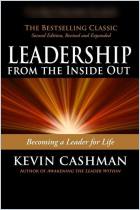
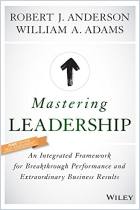
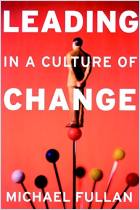
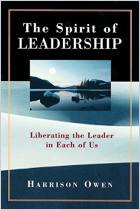
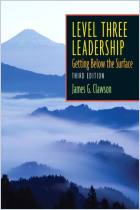
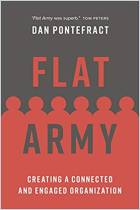




Comment on this summary or 开始讨论